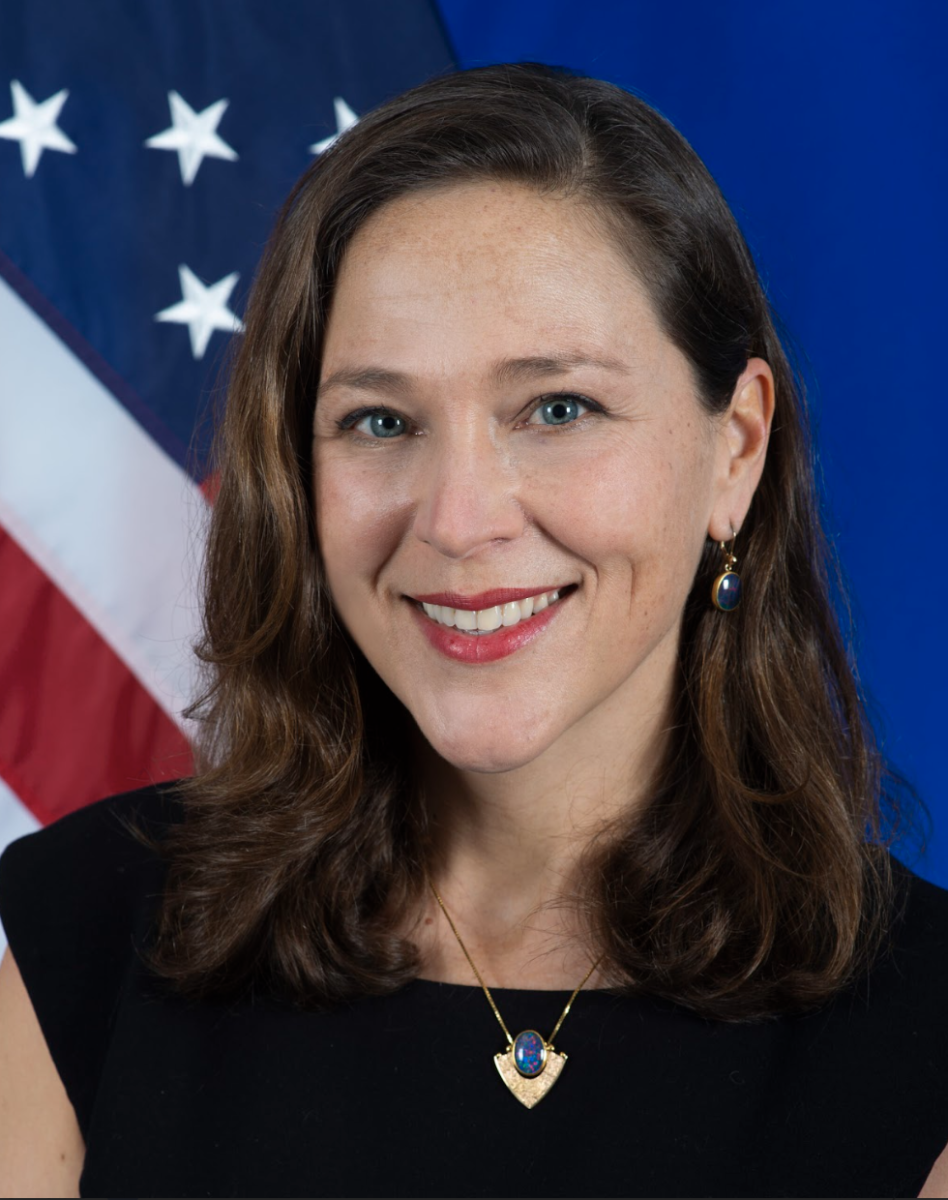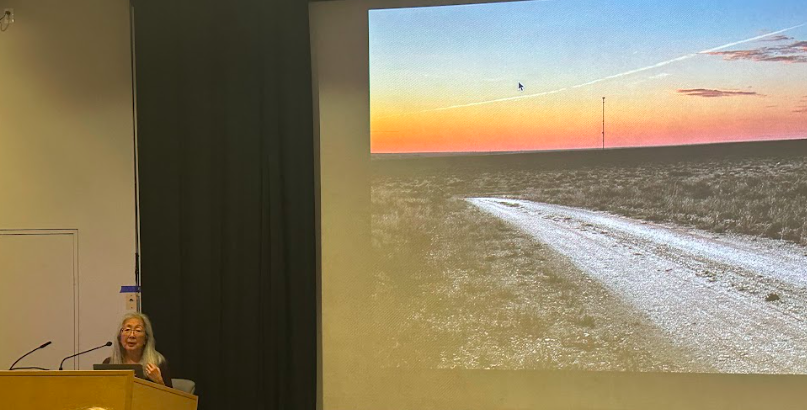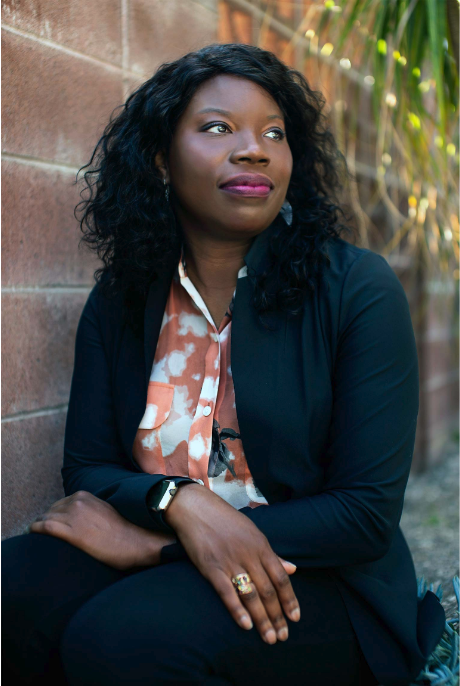When Michelle Wu was elected mayor of Boston on Nov. 2, 2021, her win was heralded as a moment for the history books. Wu is the first woman, person of color and Asian American to hold the office. She ran on a platform “centered … on the pursuit of racial, economic and climate justice,” but equally essential to her campaign were the people behind it.
One of those people was Wu’s campaign manager, Wellesley alum Mary Lou Akai-Ferguson ’16. She described her role as being the “glue of the campaign,” which she found to be more effective than the traditional hierarchy of command for their grassroots approach.
“My main goal was connecting all the different teams and the work they were doing,” Akai-Ferguson said “Organizing didn’t have to check in with me or Michelle on every single decision … they all were empowered and leading their own charges.”
Akai-Ferguson had previously worked as a teacher and on Elizabeth Warren’s 2020 presidential campaign. For the latter, she held a few different roles, including serving as the organizing director of the Midwest and the national Asian American and Pacific Islander (AAPI) outreach director. She credits her experience in these positions with teaching her some lessons she brought to Wu’s campaign.
“I had to learn … how to approach organizing in a place you’re not from. It’s really important to center the people who are living in the state, their perspective and their opinions,” Akai-Ferguson said. “You’re really just here to give them the tools to organize their own communities, to organize themselves.”
It was during her work on Warren’s 2020 campaign that Akai-Ferguson first met Wu. They worked together remotely, and didn’t meet in person until the campaign had ended, where Akai-Ferguson mentioned that if Wu ever ran for mayor to give her a call. She got the call.
“I wasn’t planning on staying in politics, but it felt like such a good fit with Michelle. I really loved working with her,” Akai-Ferguson said. “We have very similar work styles and I appreciate her vision.”
The campaign team was largely made up of women, most of whom were women of color, which Akai-Ferguson credits as a “huge factor” in its success.
“It felt like a continuation of my Wellesley experience … I felt like I could be wrong and I could ask questions and it was a place where that was ok and that was encouraged,” Akai-Ferguson said.
The importance of community extended beyond those directly involved in the campaign itself. Wu’s experience in Boston politics, including serving seven years on the Boston City Council, meant Akai-Ferguson could work with more precise targeting throughout her campaign.
“She had a really in-depth knowledge of the city, down to the [street] corners … Because of that extremely hyper-local knowledge we were able to tailor our organizing to be extremely specific,” Akai-Ferguson said. “We knew what was important for different neighborhoods and we highlighted those parts of our platform based on the neighborhoods we were talking to.”
After many months of hard work organizing and motivating voters in the midst of a global pandemic, Akai-Ferguson remains excited to see a collective effort come to fruition under Mayor Wu’s leadership.
“People who are from the city already know how much power there is in activism and community that’s been thriving in Boston for decades … And now we have a leader who really wants to put that to use,” she said.
Although she remains unsure if she wants to continue down the path of political organizing herself, Akai-Ferguson is encouraged by the thought of more young women entering politics, advising that although it may seem “really corny” there is value in “stay[ing] true to themselves.”
“Realize that’s actually power and it adds to the conversation, rather than us having to subtract from ourselves and become shells of white men,” Akai-Ferguson said.






